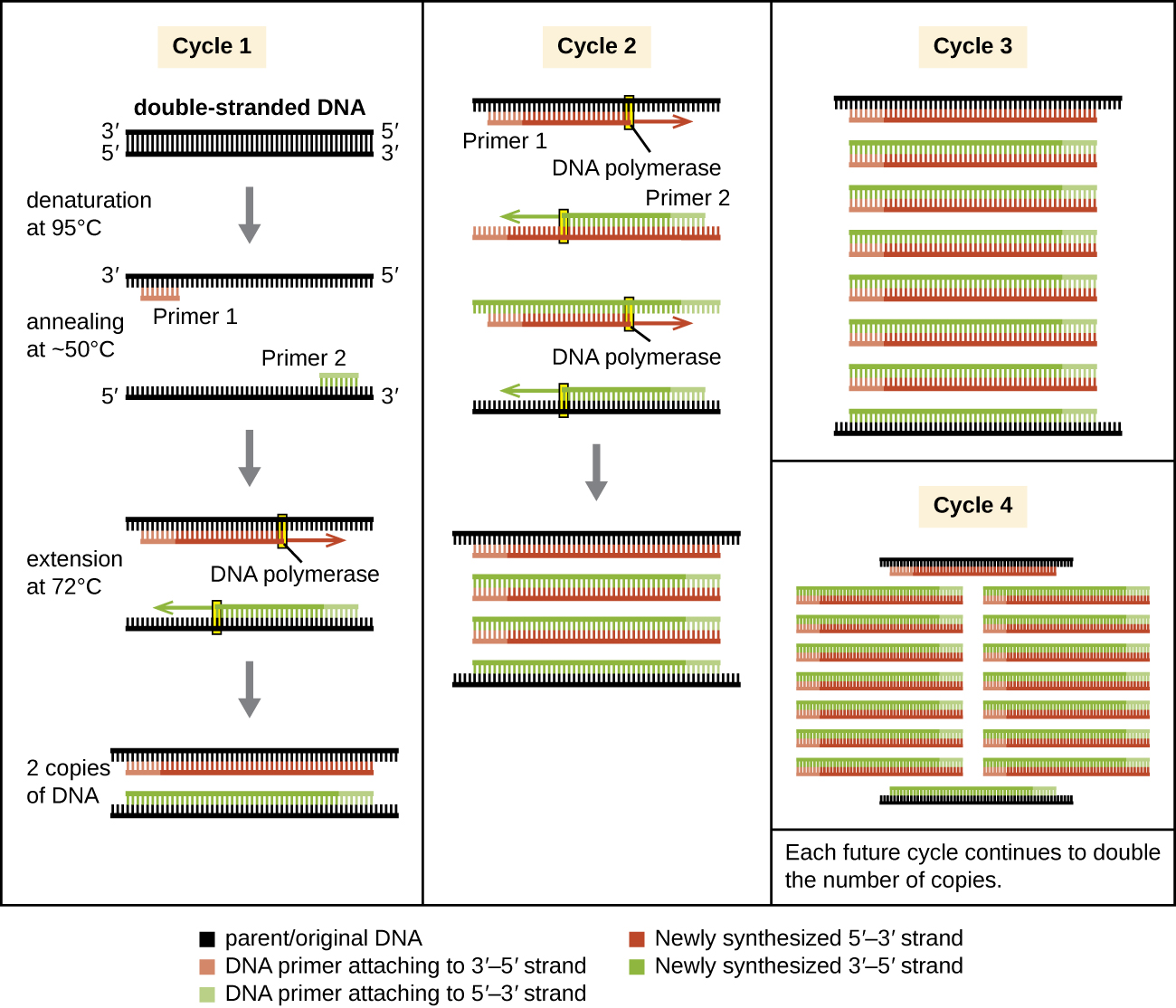Using culture and pcr dna analysis together provides better information than one alone.
Dna pcr stool test.
The gi map microbial assay plus is unique in the field of comprehensive stool testing.
What is the pcr parasite stool test from dna.
The test also detects hidden blood in the stool which can indicate the presence of cancer.
The stool dna test is a new method to screen for colon cancer.
25 2019 healthday news simple at home stool tests are a reliable way to screen for colon cancer and a good alternative to invasive colonoscopies a new research review.
Consider the presentation of the patient along with test results.
The faecal pcr profile is capable of rapid specific and sensitive detection of the bacterial and parasitic pathogens most commonly responsible for causing infectious gastroenteritis that may otherwise go undetected by traditional microbiological techniques.
The gi effects comprehensive stool profile is an advanced stool test that provides immediate actionable clinical information for the management of gut health.
Pcr amplified fragments can be analyzed by using restriction fragment length polymorphisms rflp or dna sequencing if further characterization is needed.
Overwhelmingly research indicates that gut health impacts overall health.
Pcr dna rna testing is extremely sensitive.
The parasite dna can be from live parasites a dead parasite or parasitic eggs called ova.
Tiny amounts of parasite ova parasite egg or parasite tissue could be detected and classified.
This gi profile is a multiplexed nucleic acid test intended for the simultaneous qualitative detection and identification of nucleic acids from multiple bacteria viruses and parasites directly from stool samples in cary blair transport media obtained from individuals with signs and or symptoms of gastrointestinal infection.
Not all dysbiosis requires treatment.
If an unequivocal identification of the parasite can not be made the stool specimen can be analyzed using molecular techniques such as polymerase chain reaction pcr.
The faecal pcr test detects parasite and bacterial dna making it a more accurate technique than a standard micro culture and sensitivity mc s that would normally be requested by conventional laboratories.
The stool dna test is a noninvasive laboratory test that identifies dna changes in the cells of a stool sample.
The gi 360 stool test is highly validated and vetted.
It relies exclusively on quantitative polymerase chain reaction qpcr technology to detect parasites bacteria fungi and more by targeting the specific dna of the organisms tested.
Stool tests are a valuable clinical tool but not all lab tests are created equally.
The pcr parasite stool test analyzes stool to find parasite dna.

